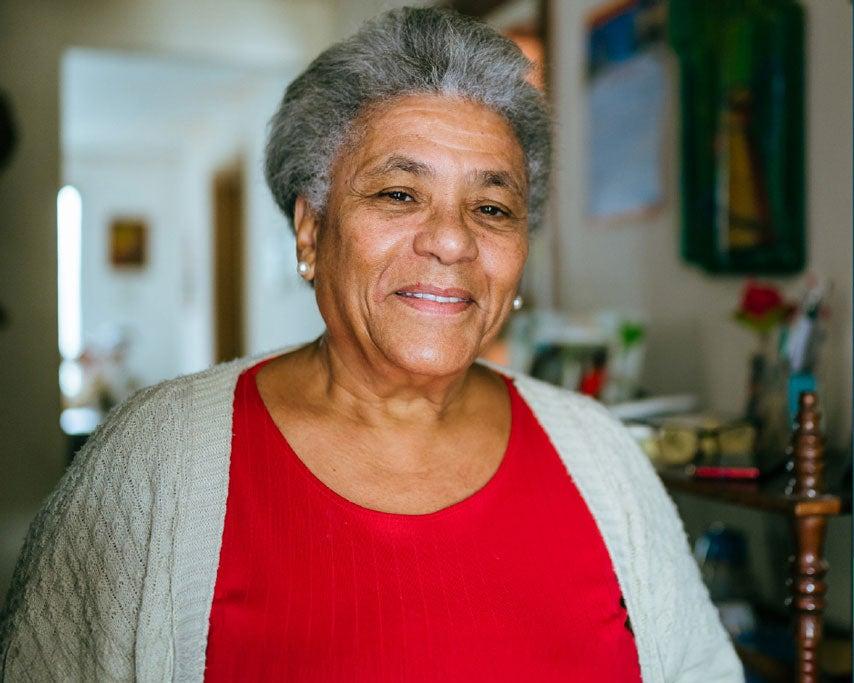NCOA Study: 3 Million Low-Income Older Adults Face Systemic Obstacles to Programs that Help Pay for Health Care
3 min read

Policy solutions would make access to benefits easier for low-income individuals
Contact
Armando Trull
Media Relations Manager
571-527-4007
armando.trull@ncoa.org
Arlington, VA, June 22, 2020 — Today, the National Council on Aging (NCOA), a trusted national leader working to ensure that every person can age well, issued a study analyzing the systemic obstacles that keep nearly 3 million eligible older adults and people with disabilities from accessing programs designed to help pay for their health care and medicine. The issue brief also offers policy solutions to ensure that all eligible low-income individuals receive this critical assistance.
Millions of financially vulnerable older adults and people with disabilities who have trouble affording prescription drugs and health care qualify for Medicare Savings Programs (MSPs), which help pay for Medicare premiums and cost sharing, and the Medicare Part D Low-Income Subsidy (LIS) (also known as Extra Help), which helps pay for prescription drugs. However, almost 3 million of these eligible individuals are not enrolled in the programs.
The 2020 NCOA issue brief estimates eligibility, enrollment, and take-up rates in MSPs and LIS among the age 65 and older non-institutionalized population for even years between 2008 and 2014.
“About two-thirds of people eligible for MSPs are enrolled, but another 2.5 million Medicare beneficiaries are missing out on the benefits of this program,” said Dr. Susan Silberman, NCOA Senior Director, Research and Evaluation.
“While some of these individuals may be making an informed decision to not apply, many are unaware that they are eligible or have found the enrollment process too intimidating to attempt or too difficult to complete.”
NCOA recommends a range of policy solutions that would improve access to these important Medicare low-income assistance programs. They include:
- Loosening eligibility standards, which can have the dual effect of making more people eligible and making enrollment easier
- Aligning eligibility standards more closely across programs, particularly between MSP and Part D LIS
- Simplifying the enrollment process to make signing up as automatic as possible
- Allocating more resources for benefits outreach and enrollment to find and assist eligible individuals in applying for the programs
The complete issue brief, Take-Up Rates in Medicare Savings Programs and the Part D Low-Income Subsidy Among Community-Dwelling Medicare Beneficiaries Age 65 and Older, is available online.
About NCOA
The National Council on Aging (NCOA) is the national voice for every person’s right to age well. We believe that how we age should not be determined by gender, color, sexuality, income, or zip code. Working with thousands of national and local partners, we provide resources, tools, best practices, and advocacy to ensure every person can age with health and financial security. Founded in 1950, we are the oldest national organization focused on older adults. Learn more at ncoa.org and @NCOAging.
